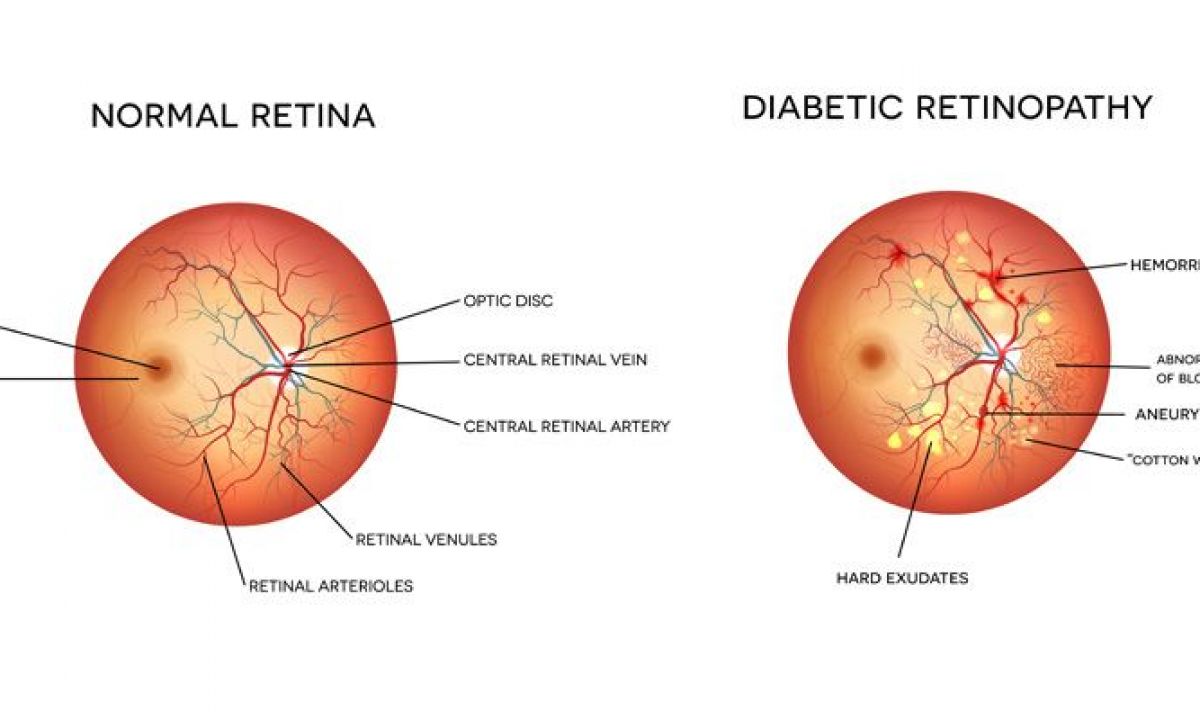-
+917899203980
Phone line
-
rithikassurgicalandeyeclinic@gmail.com
Email address
-
JP Nagar, Bengaluru
Visit us

Diabetic Eye Disease Management
Nearly half of people with diabetes have some degree of diabetic retinopathy, a complication of diabetes that can result in blindness. After 20 years with diabetes, most patients have diabetic retinopathy. Treatment depends on the severity of the condition
What is Diabetic Retinopathy?
When people have diabetes, excess glucose in the bloodstream can cause the tiny capillaries in the back of the eye to swell and leak fluid. This causes blurry vision. Tiny new blood vessels grow out of the retina as the disease advances. These blood vessels may break and bleed into the vitreous, further impairing vision. Initially, you may not notice changes in vision even though you may have the early stages of diabetic retinopathy. However, as the retinopathy progresses, you may start to notice a decline in vision, usually in both eyes. With advanced retinopathy, you may have severe vision loss or blindness.What are the symptoms of diabetic retinopathy?
Diabetic retinopathy often has no early warning signs, which is why it important to have your eye thoroughly checked yearly.As the diabetic retinopathy advances, you may experience blurred vision or distortion of images, which will make it difficult for you to read and drive. This is often attributed to the swelling of the macula, which is the part of the retina that provides sharp central vision. This condition is called macular edema.
With diabetic retinopathy, new blood vessels may grow on the surface of the retina. These vessels are fragile and may bleed (hemorrhage) into the eye, which may blur the vision. You may see spots or speck of blood “floating” in your vision. If this occurs, consult your ophthalmologist immediately.
Sometimes, the spots may resolve resulting in an improvement in vision. However, due to the fragile nature of the blood vessels, more bleeding may occur. This can cause severe blurring of vision. If left ignored, vision loss and potential blindness may occur. Again, if any of these symptoms occur, visit your eye care specialist immediately. The earlier you receive treatment, the more likely you will be able to save your vision.
